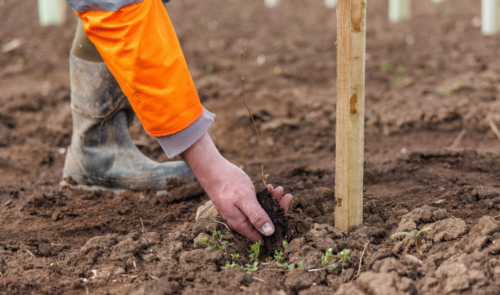In answer to the significant future demand for high quality home-grown trees, Maelor Forest Nurseries Ltd has invested £4 million in a new miniplug production facility to secure not only a continuous and steady supply of tree stocks but also improve their quality and resilience to the effects of climate change.
The traditional method of growing saplings for productive forestry involves sowing seed on prepared beds in the field. To ensure successful germination and growth, optimum conditions are critical for aspects such as soil structure, moisture, and temperature, as well as the need to protect the young plants from the pressures arising from pests, disease, and weeds. These conditions can vary at a macro and micro scale, creating variability in the crop, which negatively impacts the efficiency of downstream operations such as lifting and grading as well as the quality of the trees themselves.
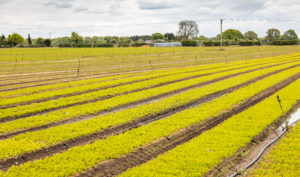
Seed bed
Recent years have been notable for increased extreme weather events such as droughts, frosts, heatwaves, and flooding, with the frequency and severity of both expected to accelerate in the future with the changing climate. These events can negatively impact the growth of a crop and occasionally lead to catastrophic losses.
Another factor in using the traditional growing method is the manual labour involved in bed preparation, seed sowing, irrigation, field applications, and weeding. These are just some of the manual tasks associated with seed sowing. The availability of suitably trained labour is therefore also a key consideration in the success of crop establishment in the field.
Ben Goh, Maelor Forest Nurseries Commercial Manager commented: “The above factors combine to make outdoor seed sowing and establishment one of the highest risk steps in the production of trees on the nursery and the hardest to commercially plan.
By way of mitigation, Maelor Forest Nurseries has taken the step to invest £4 million in a miniplug production facility at its main production site near Wrexham in Wales with the aim of minimising these risks whilst simultaneously improving quality and increasing production capacity.
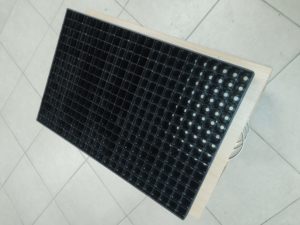
Miniplug tray
The new facility will enable seeds to be sown directly into trays with the subsequent germination taking place in a controlled environment, thereby improving the consistency, yield, and security of tree supply. An additional benefit of ‘modularised’ seedling production is that it enables automated transplanting, either in the field or into larger cells. Cell grown stock is widely used in other countries for forest planting and its use in the UK is steadily increasing as cells can be planted outside the traditional planting season.
Maelor successfully conducted field trials which included auto-planting over 5 million miniplugs between October 2020 and April 2021. Those trials demonstrated excellent yield and consistency of the crop and enabled the green light to be given to the creation of the new facility.
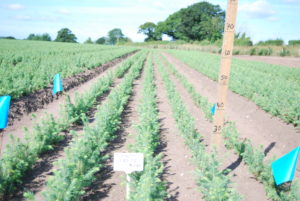
Lined out miniplugs (July 2021)
The miniplug facility consists of three elements: a seed sowing line, covered growing area, and outdoor hardening off space. All three elements are connected by a roller bench system, significantly reducing manual handling of trays.
The scale of the facility is impressive and is part of the reshaping of Maelor Forest Nurseries the start of which was the opening of their new state-of-the-art research laboratory in 2020.
Work on the construction of the miniplug facility commenced in summer 2021 with a target completion date of spring 2022. The first crops from the facility are expected to be dispatched to customers in winter 2023/24.
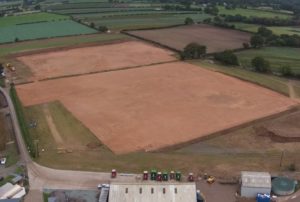
Aerial view of facility construction
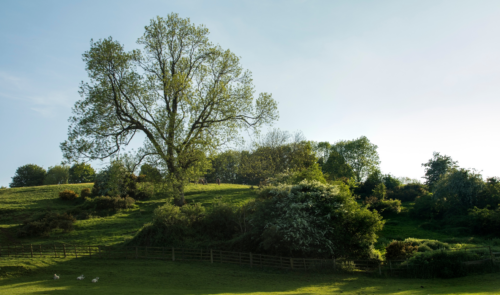 https://www.maelor.co.uk/wp-content/uploads/2024/04/Property-Photos-2-500x295.png
https://www.maelor.co.uk/wp-content/uploads/2024/04/Property-Photos-2-500x295.png











